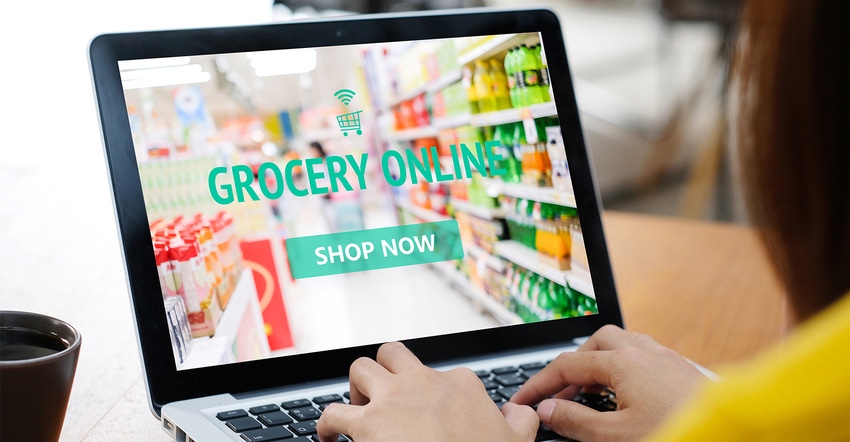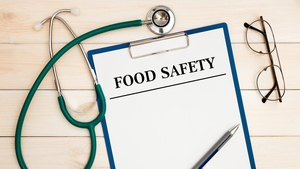E-commerce is becoming a vital part of the food and beverage industry, based on discussions at last month's CAGNY conference.

The ongoing COVID-19 pandemic, now into its second year, has impacted the food and beverage sector just as it has every other walk of life. One of these major impacts has been the dramatic increase in online grocery shopping as consumers look for any way to avoid public spaces and crowds.
Based on last month’s Consumer Analyst Group of New York (CAGNY) virtual conference, some of the food industry’s biggest players are now looking to take advantage of the online shopping craze in an effort not only to make consumers’ lives easier, but to gather as much data as possible on who those consumers are.
Miguel Patricio, chief executive with Kraft Heinz, noted e-commerce sales doubled in 2020, now representing more than 5% of total global sales—that figure includes online sales through third parties such as Wal-Mart and Amazon. With new offerings like bundles of baked beans and soups, online sales help “[give] us valuable insights into consumer behavior, enabling us to quickly test and learn from innovations,” noted Kraft Heinz head of international business Rafael deOliveira.
At the conference, fellow food giant General Mills noted that while it does not currently sell products on its various brand websites, it does use those sites to not only suggest recipes and cooking tips for using its products, but also to direct consumers to the nearest store. While those pageviews may not result directly in any online sales, the company is able to use store data combined with online data to gather intel on its customers.
“We're aggressively investing in data and analytics,” said Jeffrey Harmening, chief executive, General Mills. “We are gathering unparalleled insights from the first-party data we collect through our brand websites."
Another global food giant, PepsiCo, sells its various brands of snacks and beverages through the websites snacks.com and pantryshop.com, both launched in 2020 as online shopping continued to soar. Addressing future priorities for the company, PepsiCo CFO Hugh Johnston noted 45% of the company’s capital investments over the next few years will go toward, among other things, ramping up its e-commerce channel.
“COVID simply accelerated our digital growth and has provided us with yet another source of data and insight,” said Kellogg chief growth officer Monica McGurk. She also noted Kellogg’s e-commerce sales doubled in the past year to 8.5% of total global sales.
According to the research firm Earnest Research, U.S. shoppers spent 45% more buying online groceries than the previous year, compared to only a 7% increase in in-store spending.
“Longer term, we see real value in this channel to be an insight and data channel for us,” Jean-Philippe Nier, head of e-commerce for Kraft Heinz in the U.K. and Ireland, told Reuters. “The time is now.”
About the Author(s)
You May Also Like






